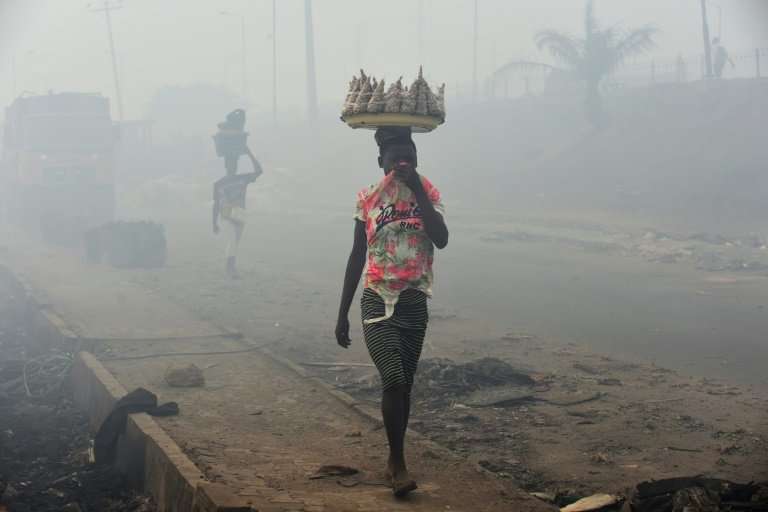
The Federal Ministry of Health and Social Welfare in collaboration with the Federal Capital Territory Administration (FCTA) has launched a Medical Palliative Scheme to boost pregnant women’s healthcare.
The medical intervention is expected to enhance the hospital’s ability to provide quality healthcare services to residents of Gwarimpa and surrounding communities.
The initiative led by the FCT Minister, Nyesom Wike, offers free medical treatment, drugs, surgeries and foodstuffs, among others to patients in the Gwarimpa General Hospital, Abuja.
Speaking during the donation, the Minister of Health, Prof Muhammad Pate, explained that the palliatives are designed to address the critical needs of pregnant women and mothers, who are the backbone of the society.
He said: “Our focus is on pregnant women, who are vital to the future of our country. Supporting them with the necessary items for safe delivery, malaria protection, and micronutrient supplements is essential for the health of both mothers and their unborn children.”
He encouraged other states to adopt similar initiatives to enhance healthcare delivery in both rural and urban areas.
In her remarks, FCT Mandate Secretary for Health Services and Environment Secretariat (HSES), Dr Dolapo Fasawe, explained that the free medication, which includes essential drugs and medical supplies, is expected to benefit thousands of patients who visit the hospital.
Fasawe observed that the initiative is a testament to the government’s commitment to improving the health and well-being of FCT residents, and strengthening the territory’s healthcare system. “The medical palliatives we are providing are not treating the symptoms but are a quick fix to address the immediate needs of our patients.
“We have realised that many of our patients are spending money on medicine that they should be using to buy food, and this is competing with their basic needs.
“The health insurance scheme for the vulnerable can support our medical palliative scheme. We are committed to making this initiative a success and ensuring that it stays,” she said.






